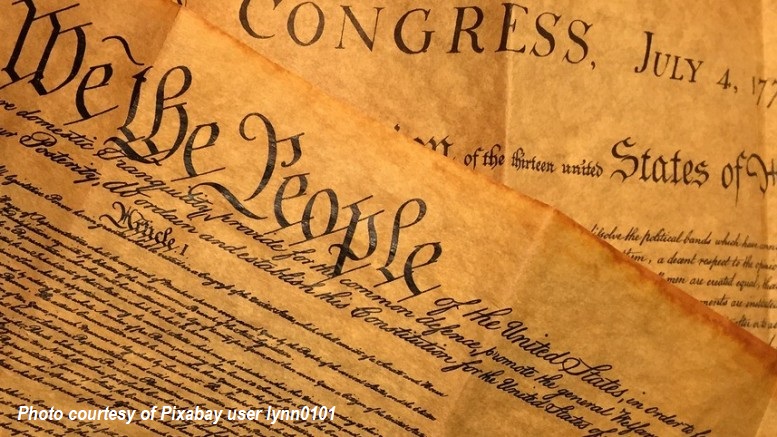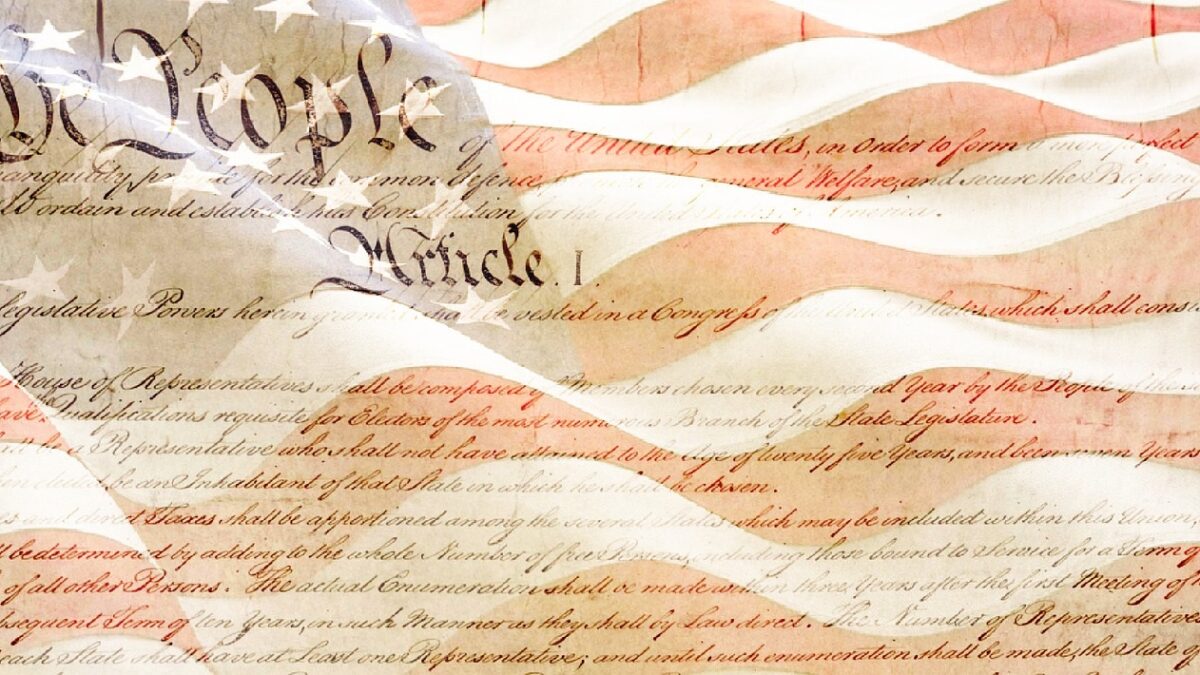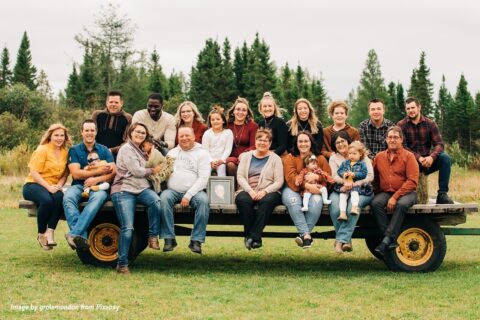MORE LOVE, NOT LESS

TEACHING OTHERNESS
December 12, 2022
YOUR LEGACY
December 20, 2022As Grandparents, we have unique powers to create an atmosphere to have long and happy relationships with our Grandchildren. Please note I said powers as opposed to Grandparents’ Rights. Let me suss that out a bit. While reading this, I ask you to do two things: Please don’t shoot the messenger; second, you will have to suspend Logic for this article. This is one of those cases where Logic and Law need to be fixed.
As an emerging country, first came our 1776 Declaration of Independence, and over ten years later, in an attempt to hammer out a Constitution that could be ratified, our founders came up with the first ten amendments to the Constitution that we call the Bill of Rights. But, of course, you already knew that.

The reason I start here is that some, if not most, Grandparents think that there are laws to back up the idea that if you Love and Nurture your Grandkids, you should have the right to continue to be a part of their lives. This is where I ask you not to shoot the messenger. There are four mentions of Parent’s Rights in the Constitution but not of Grandparents’ Rights. During the past ten years that I have been zeroing in on what Grandparents can do to stay a part of their Grandchildren’s lives, the thing that breaks my heart every time are the stories of Grandparents that have Loved, Nurtured, and practically raised their Grands and then are shut out of their lives because of a divorce or a family dispute of some kind. This is where the Logic and Law part is applied or not applied.
So we know that as Grandparents, we don’t get any help from the Constitution, so how about the Bill of Rights? The closest thing to help is the ninth amendment.
Ninth Amendment
Main article: Ninth Amendment to the United States Constitution
The enumeration in the Constitution of certain rights shall not be construed to deny or disparage others retained by the people. [95]
The Ninth Amendment declares that additional fundamental rights exist outside the Constitution. The rights enumerated in the Constitution are not a definitive and exhaustive list of individual rights. It was rarely mentioned in Supreme Court decisions before the second half of the 20th century when it was cited by several of the justices in Griswold v. Connecticut (1965). The Court, in that case, voided a statute prohibiting the use of contraceptives as an infringement of the right of marital privacy. [118] This right was, in turn, the foundation upon which the Supreme Court built decisions in several landmark cases, including, Roe v. Wade (1973), which overturned a Texas law making it a crime to assist a woman in getting an abortion, and Planned Parenthood v. Casey (1992), which invalidated a Pennsylvania law that required spousal awareness before obtaining an abortion.
Here is where you have to apply your Unique Power. Suppose you find yourself in danger of not having access to your Grandbabies or even as a preemptive action. I suggest two of the most effective approaches to this challenge. A lot depends on your specific circumstance and how far down the road your extended family situation is. My first suggestion is the most complex yet most potent pill to swallow. Here goes; Ask yourself, “How much do I want to pay to be right?”
Another way to put this is to stay as far away from the disagreements between the spouses as possible. But…………you say, They didn’t treat my kid right. But…………..you say I babysat, took them to school, picked them up, and nursed them when they were sick for YEARS. Sound Logic, but that doesn’t require the judge to order the Mom to give you visitation rights. Not to belabor this point, but hands down, your best bet is to distance yourself from that dispute, keep your Grandkids squarely in your sites, and remember, “The main thing is to keep the main thing, the main thing.” You want to stay in their lives, so use whatever your specific circumstances will allow you to achieve your goal.
The second suggestion yields considerably less satisfying results, but there are some state laws you can TRY to invoke. They differ significantly from state to state and are only applicable where the Grandchild resides at the time of filing. If this is your only path, I admonish you to find an excellent Family Law attorney, and please gird your loins for a long and usually expensive fight.
One place to start the last journey is GRO.org. This will guide you to many resources.




